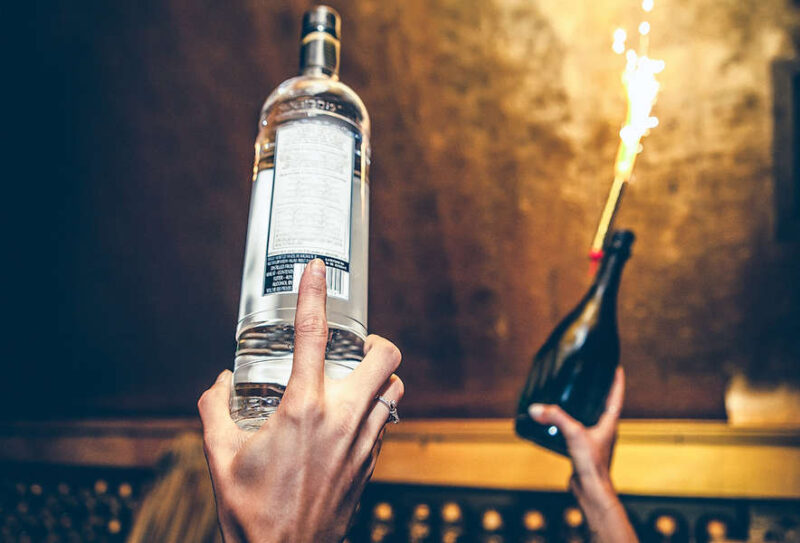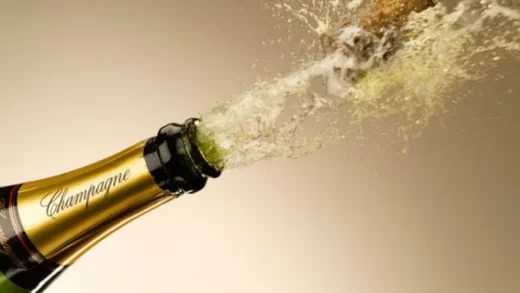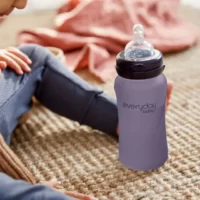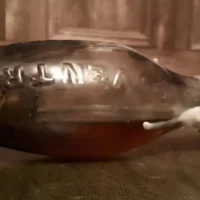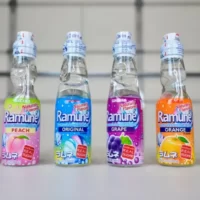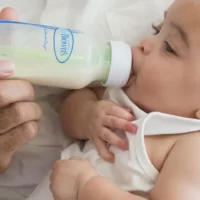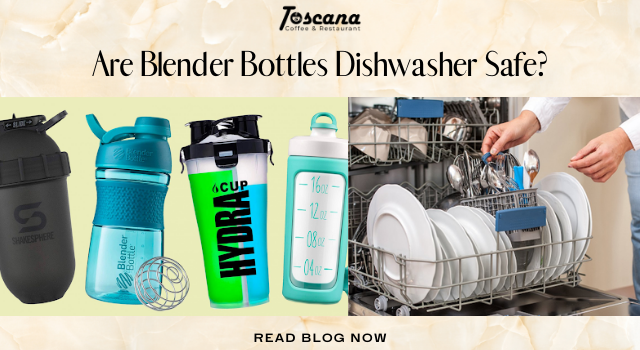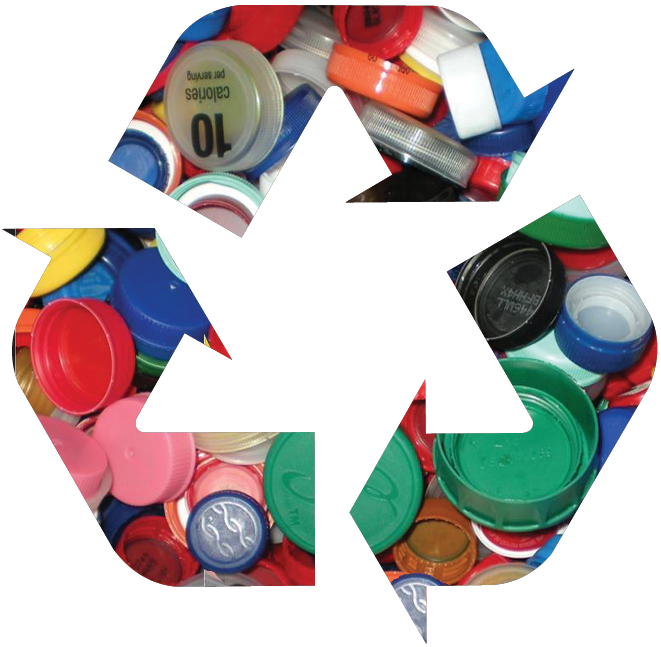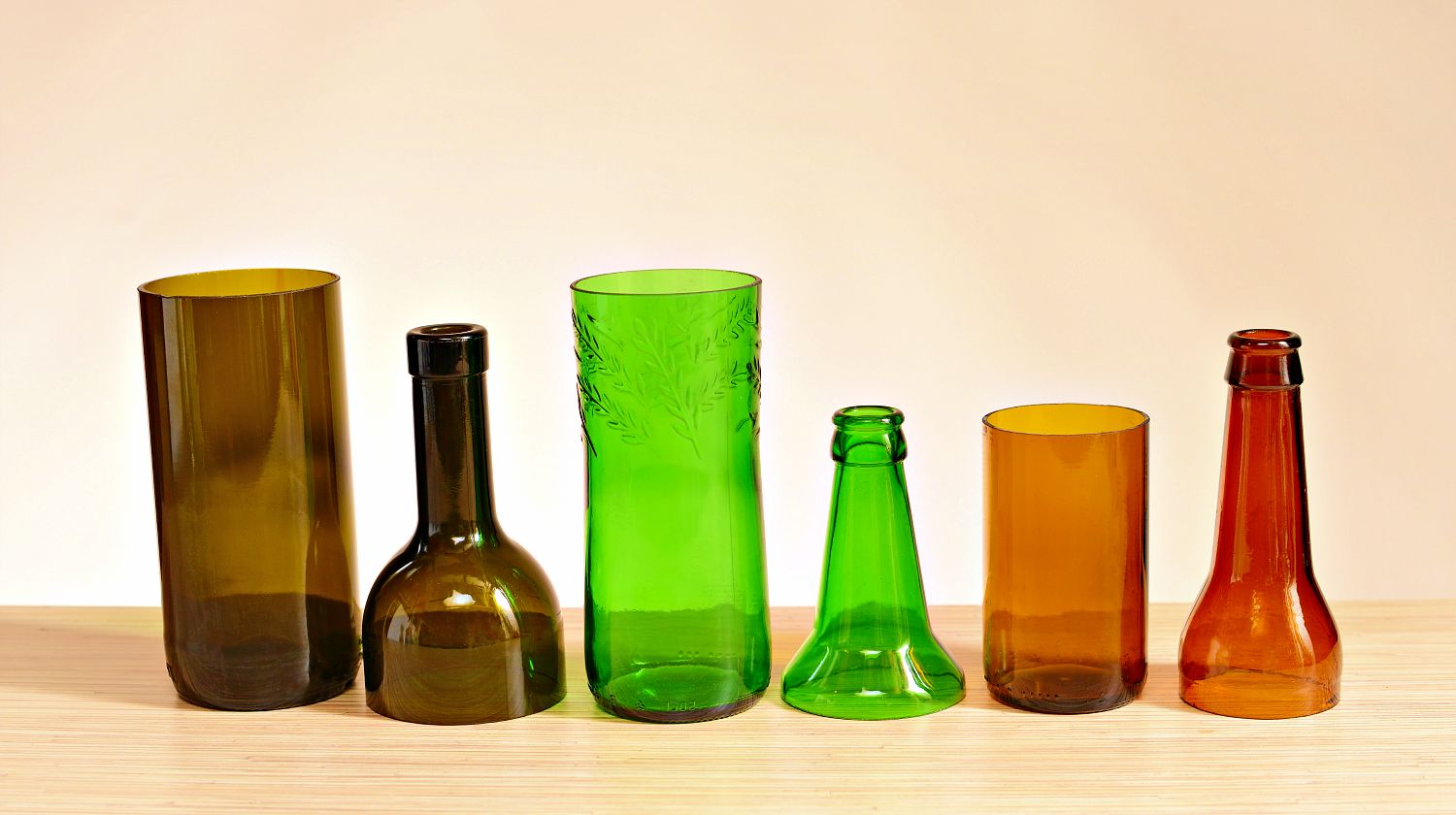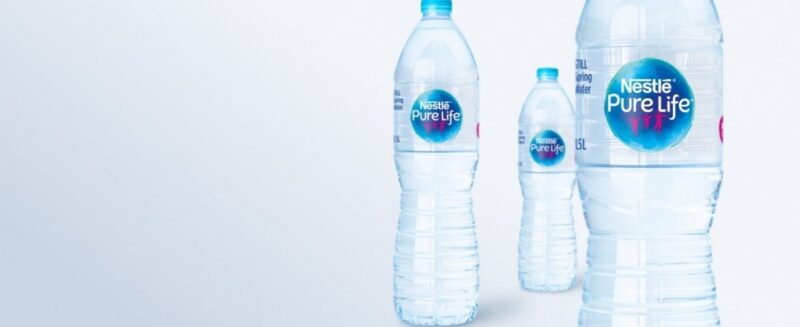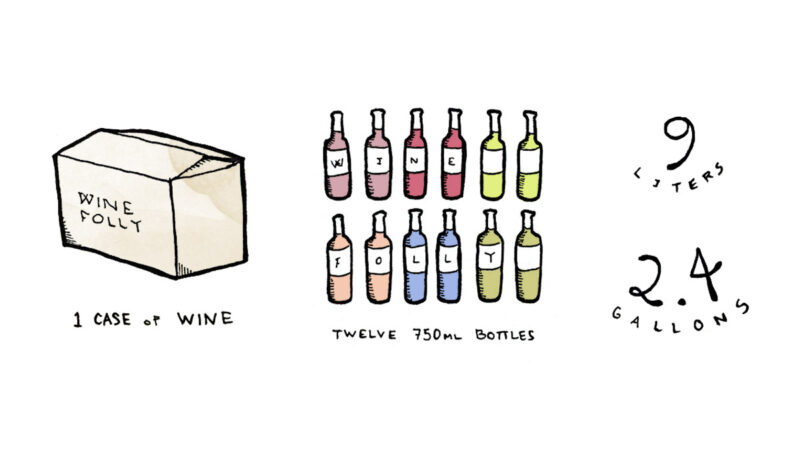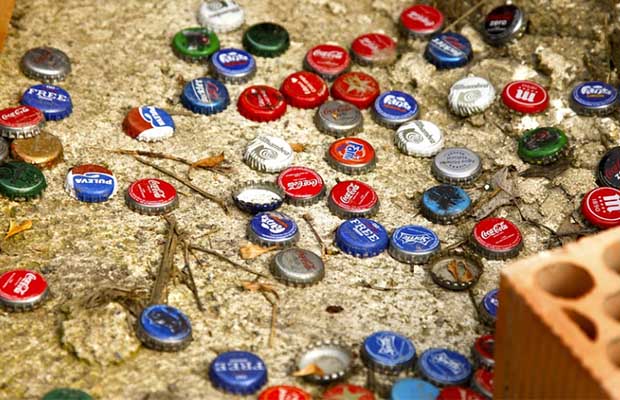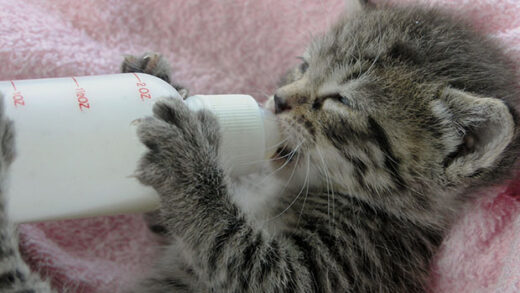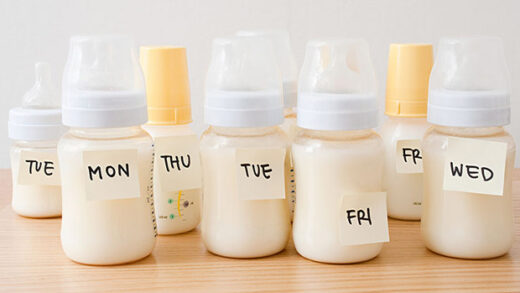This glass vs plastic baby bottles comparison guide will help you learn the differences between these two types of bottles, and will help you choose the best baby bottle for your child!
When plastic bottles came along that were lighter and shatter-proof, the glass bottle became almost obsolete.
Which is healthier for your baby, glass or plastic baby bottles? You will learn the solution if you continue reading.
Table of Contents
What to Know About Glass Baby Bottles
Do glass baby bottles have an advantage over plastic or other options? Here are the advantages and disadvantages of glass baby bottles to assist in your decision.
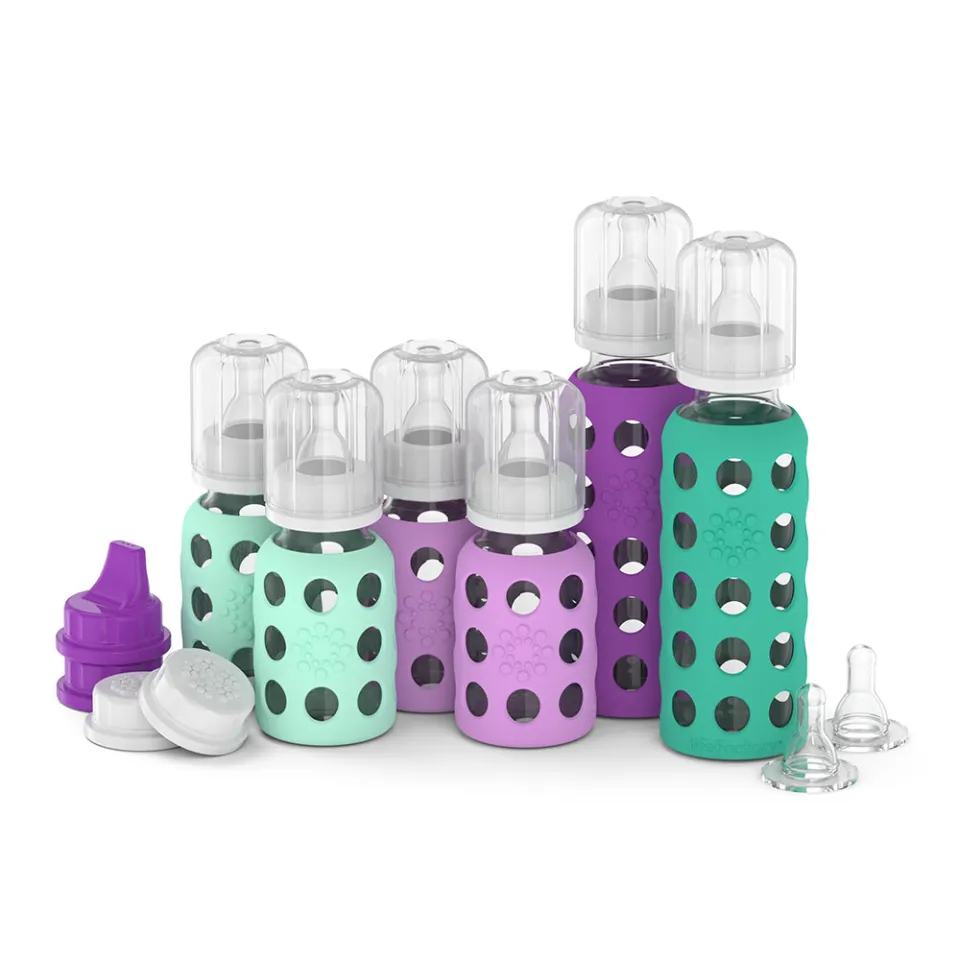
Pros
- Environmentally friendly: It is simpler to recycle glass products. You don’t need to replace them as frequently because they last longer than their plastic equivalents.
- No chemicals: You won’t need to worry about bisphenol A (BPA) being used in the production of glass sippy cups, even though the quality of plastic bottles has improved significantly in recent years.
- Easy cleaning: Because they don’t stain and any residue is visible, glass bottles are much simpler to maintain and clean. Glass doesn’t scratch, so germs and bacteria have nowhere to grow over time.
- Durable: Because glass doesn’t degrade as quickly as plastic, it will last longer.
- Sanitary & Dishwasher safe: Glass is capable of withstanding heat at extremely high temperatures. As a result, you can easily sanitize your glass bottles. For simple cleaning, you can also throw them in the dishwasher.
Are glass milk bottles preferable to plastic given the aforementioned benefits? Here are some disadvantages to be aware of before assuming that glass is the safest container for your infant formula.
Cons
- Heavy: You already know that glass weighs more than plastic. Glass bottles might be awkward for your infant to hold if they are self-feeding.
- More expensive (initially): Yes, the initial cost of glass bottles is higher. However, they are more cost-effective in the long run because they last longer than plastic containers.
- They could break: Glass bottles are breakable bottles, let’s face it. Normal glass will always be more fragile than plastic, but silicone sleeves can help prevent that.
- Fewer options: Glass bottle manufacturers are outnumbered by plastic bottle manufacturers. You must typically order glass baby bottles online rather than in person.
What to Know About Plastic Baby Bottles
Let’s talk about plastic baby bottles now that you are fully informed about glass baby bottles. Below are the advantages, disadvantages, and frequently asked questions about plastic bottles.
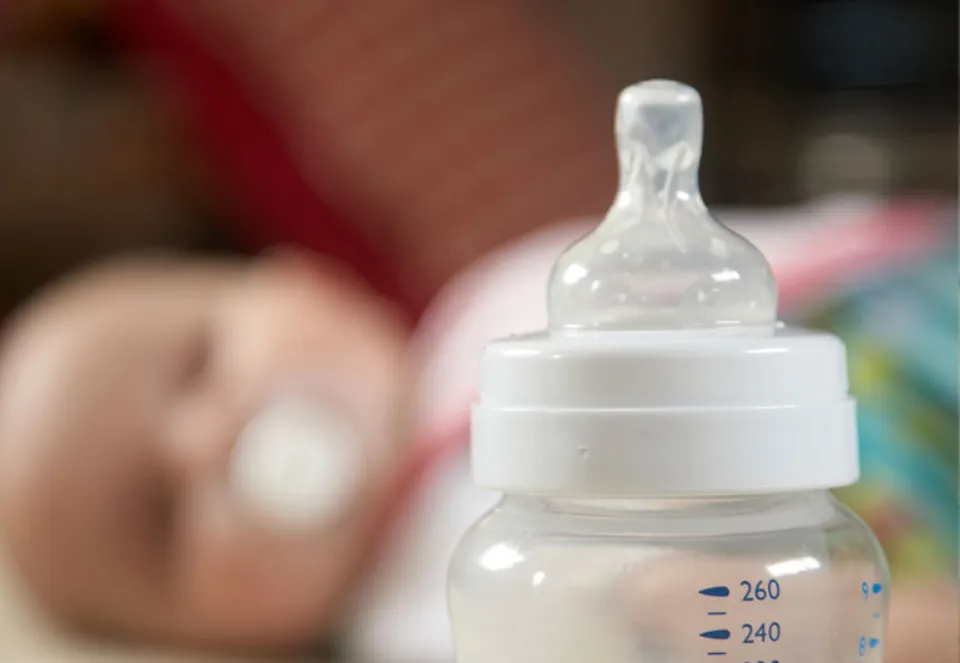
Pros
Making a choice between glass and. plastic bottles? Here are a few advantages of picking the latter.
- Wide variety: Due to the huge popularity of plastic bottles, there are many different brands to pick from if your baby doesn’t react well to one particular type.
- Readily available: The most common type of bottle is plastic, making it simple to locate. They are available for purchase at many chain stores, online, and grocery stores.
- Lightweight and unbreakable: Glass is much heavier than plastic, which makes it easier for babies to grasp. Additionally, if your baby drops their bottle, you won’t have to worry about shattered glass.
- Less expensive: Plastic bottles are more readily available and less expensive to produce than glass bottles.
Cons
Let’s now discuss some potential hazards associated with the use of plastic baby products.
- More chemicals: Although the majority of contemporary bottles are BPA-free, older plastic bottles may still contain this potentially dangerous chemical. Ingesting BPA has also been linked, according to a recent study, to issues with behavior and brain development in infants and kids. By choosing plastics without BPA, you can avoid this, but be aware that they might still contain estrogenic chemicals. I advise buying bottles with disposable liners just in case, as this will stop chemicals from seeping into the bottle’s contents.
- Harder to clean: Due to their propensity for scratches, plastic bottles make excellent places for bacteria to flourish. These scratches are frequently invisible, making it extremely difficult to remove them completely.
- Can’t sanitize: Higher temperatures cause plastic to release chemicals that could be dangerous. Because of this, you cannot truly sanitize plastic bottles the same way you would glass. You’ll also need to wash your baby’s bottles by hand rather than placing them in the dishwasher.
- Less durable: Plastic bottles need to be replaced more frequently than glass bottles because they gradually become scratched.
Glass Vs Plastic Baby Bottles: Which One Should I Choose?
Depending on what is most important to you. Glass baby bottles are better for the environment, easily cleaned, and don’t contain toxins that could leech into your baby’s formula.
Plastic bottles, when cared for properly, are also generally safe to use – assuming you leave them out of the dishwasher and don’t clean them using harsh abrasives that can wear down the lining.
Plastic bottles are also lightweight and unbreakable, making them safer for the days when the baby can self-feed.
What’s best for your family ultimately depends on your needs, not whether plastic or glass bottles are better. If your child is self-feeding and you’re willing to hand-wash the bottles, BPA-free plastic bottles are safe.
If you’re willing to be the baby’s primary feeder (it’s too frightful to let the child handle a glass bottle!) and prefer the convenience of dishwashing, glass bottles are probably the way to go.
Also Read:
Caring for Your Child’s Baby Bottle
Here are some tips on caring for your child’s baby bottle:
- Plastic bottles should never be used to store breast milk or formula. Just before your baby is prepared to eat, pour it into the bottle. Anything that remains should be discarded.
- Avoid washing polycarbonate bottles with hot water or abrasive cleaner as doing so may speed up the breakdown of the plastic. Use warm water and a soft cleaner as an alternative.
- Any glass bottles with chips or cracks should be replaced.
Final Thoughts on Glass Vs Plastic Baby Bottles
Your understanding of how to pick various materials for your bottle-fed infants should have improved after reading today’s post, I hope. Remember that the best baby bottles for your child are the ones best suited to your family and lifestyle.
If you have questions about these different types of bottles, or you want to share your experience, Please get in touch with me!
Keep coming back for more helpful advice on raising healthy babies and share your preferred bottle in the comments.
FAQs
Are Plastic Baby Bottles Safe?
Cheap, practical, and unbreakable plastic baby bottles are available. But they pose some risk of exposure to chemicals and microplastics.
What Are Side Effects of Plastic Feeding Bottle?
In infants and children, it might result in behavioral and nerve issues.
What Happens If You Use a Plastic Bottle for Too Long?
Reused Plastic Bottles Can Leach Poisonous Chemicals.

